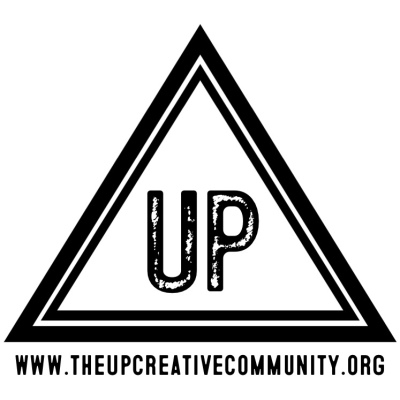Engaging with the arts boosts mental wellbeing
University College London’s MARCH mental health network shows that engaging with the visual arts can reduce reported anxiety.
‘Cultural activities encourage gentle movement, reduce social isolation, and lower inflammation and stress hormones such as cortisol,’ said the report’s author, Dr Daisy Fancourt. ‘The arts are linked with dopamine release, which encourages cognitive flexibility, and they reduce our risk of dementia.’
Creative activity undertaken daily is linked to positive psychological functioning, while increased engagement with arts events, historical sites, and museums is associated with improved life satisfaction.
In a clinal context, a study on Science Direct shows that participatory art-based activities enhance the well-being and quality of life of patients. The British Journal of General Practice is also looking into the subject: it reports on a study to explore the ways that social prescribing activities may give benefits. The engagement can lead to people learning different ways to relate to other people, becoming open to the possibility of new futures and developing a positive outlook.
Craft’s particular benefits for mental health are backed up by the results of the BBC Great British Creativity Test, published in 2019.
Textile crafts such as embroidery, crocheting and knitting have the highest participation rates of all the arts – more than music and painting – according to the government’s Taking Part survey, which shows the potential impact that making could have.
Another study showed that participating in sewing as a leisure activity contributed to psychological wellbeing through increasing pride and enjoyment, self-awareness, and ‘flow’ in younger women.
With that in mind we are developing our bespoke creative CathARTic Wellbeing courses. Referrals are currently being accepted.
